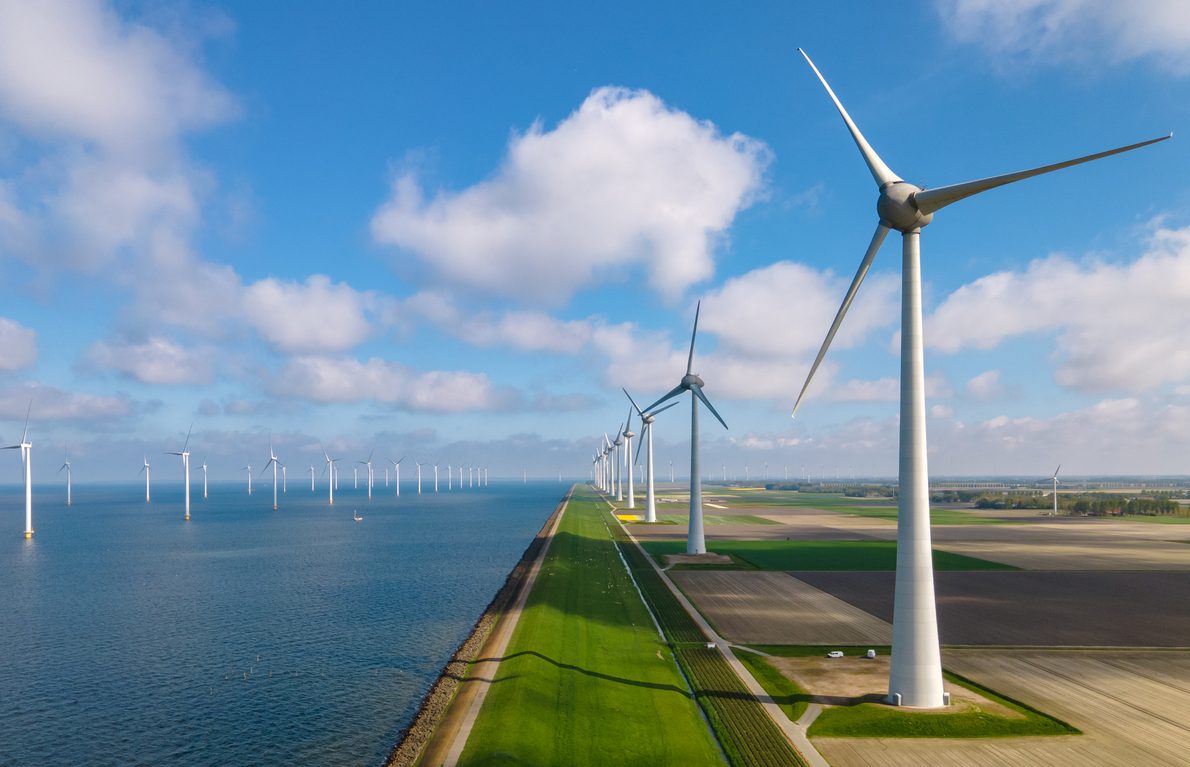Borrello cites an ethical and environmental conflict from using emission-producing energy sources to produce clean energy.
Republican Senator George Borrello from New York State has introduced legislation that would prohibit the usage of fossil fuels in the manufacturing and production of renewable energy equipment or infrastructure. Borrello sees a dilemma in the current approach to clean energy as fossil fuels and critical minerals are required for production and installment, citing the usage of coal to forge the steel required for the foundation and rotors of wind turbines. The senator also refers to permanent magnets used to power some wind turbines which are made of rare earth elements, like Neodymium. These critical minerals are mostly imported and mined under the usage of fossil fuels, according to the senator.
Studies show that the energy transition will require an expansion of mining globally. The senator hence advocates for a delay of further renewable energy projects until better solutions are found. Borrello has been an outspoken critic of renewable energy, arguing in January in the context of a feasibility study on installing wind turbines in the Great Lakes that “Not all forms of renewable energy are worthwhile or make sense.”
The new legislation stands in stark contrast to New York state’s Climate Leadership and Community Protection Act, which set the ambitious goal of a zero-emission electricity sector by 2040 to eventually reach economywide carbon neutrality. For this goal, however, more renewable energy projects must be installed, or alternatives found. But also the federal climate change policies are contrary to Borrello’s legislation: The Biden administration has put the U.S. on a similar trajectory through the Inflation Reduction Act which allocates approximately $369 billion for projects combating climate change across the country. The IRA aims, among other fields, to reduce carbon emissions in the U.S. by 40 percent by 2030.
Photo: iStock/Fokkebok


